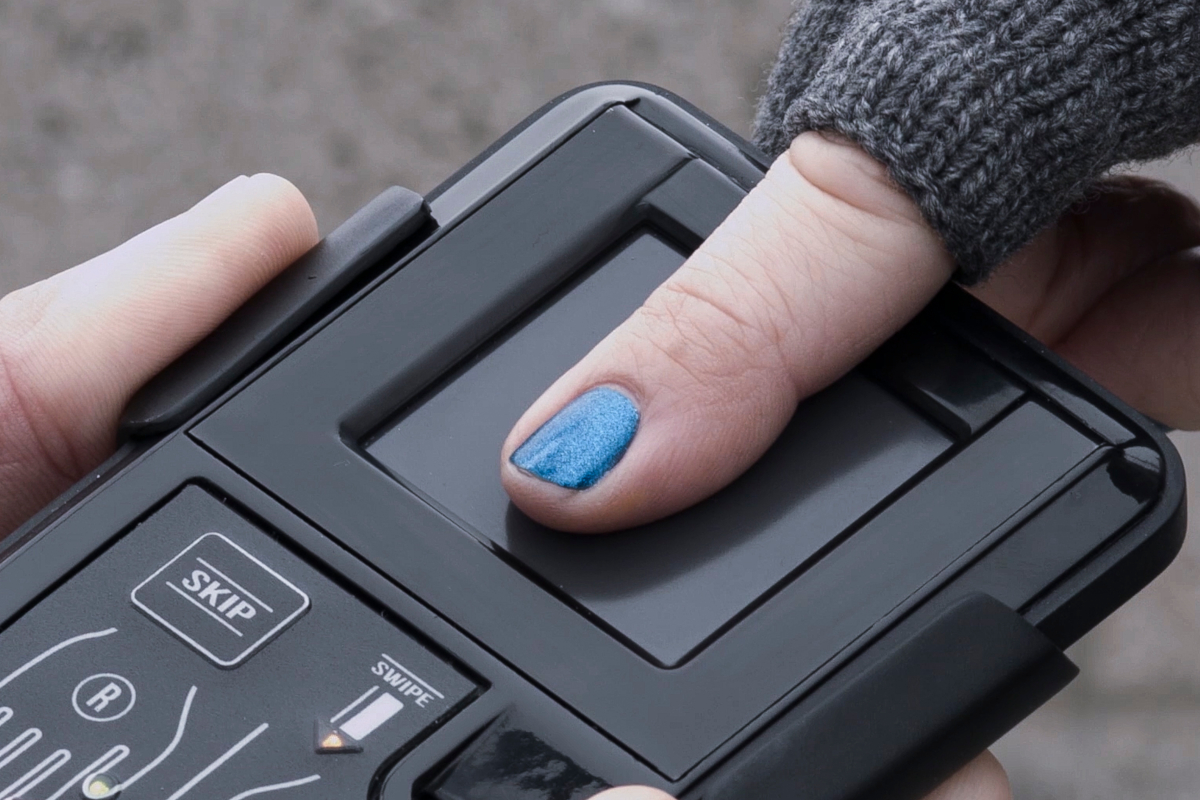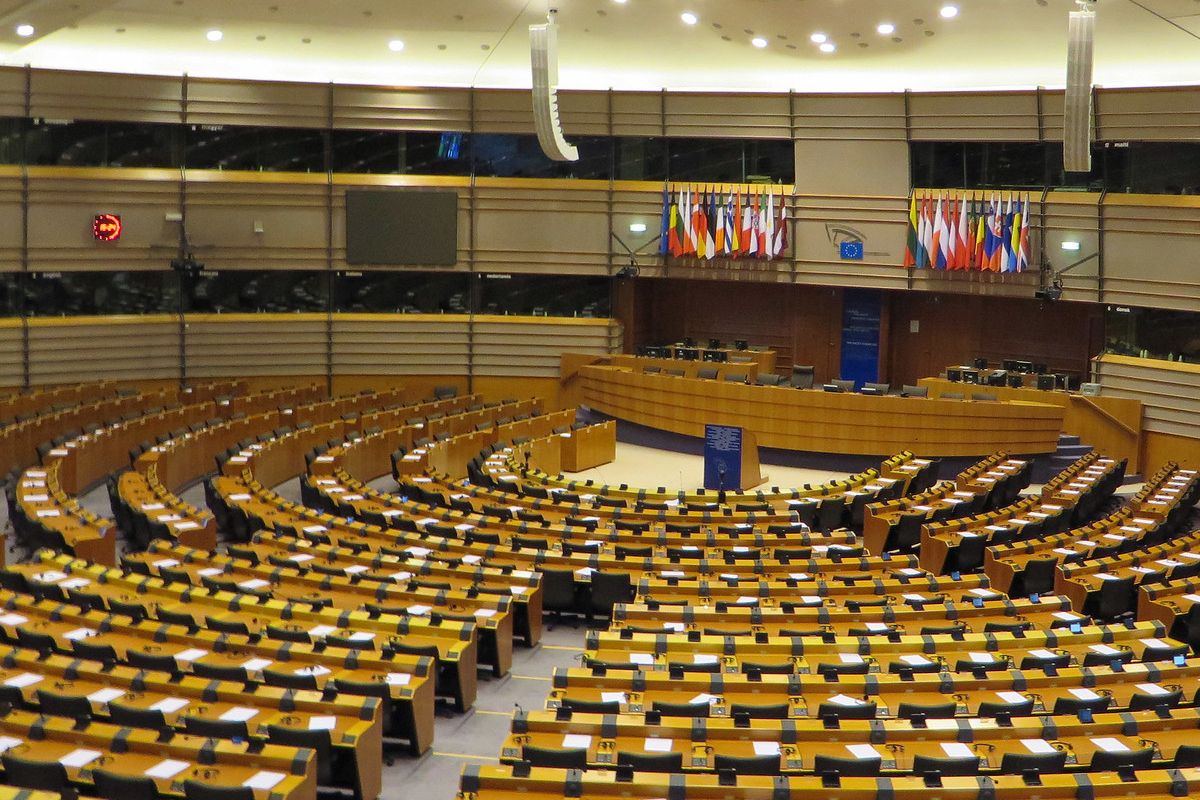EU: Policing: Council close to approving position on extended biometric data-sharing network
Topic
Country/Region
25 May 2022
The Council of the EU is close to reaching an agreement on its negotiating position on the 'Prüm II' Regulation, which would extend an existing police biometric data-sharing network to include facial images and offer the possibility for national authorities to open up their databases of "police records" for searches by other member states.
Support our work: become a Friend of Statewatch from as little as £1/€1 per month.

On 20 May, the French Presidency sent the Council's negotiating position to the Committee of Permanent Representatives, with the aim of having the text formally approved by the Justice and Home Affairs Council on 10 June.
See: NOTE from: Presidency to: Committee of Permanent Representatives: Proposition de règlement du Parlement européen et du Conseil relatif à l'échange automatisé de données dans le cadre de la coopération policière ("Prüm II") - Préparation d'une orientation générale (Council doc. 9037/22, LIMITE, 20 May 2022, pdf, all emphasis in quote added)
"The main elements of this compromise text refer in particular to the following
- the legal basis has been revised to extend it to judicial cooperation in criminal matters, thus aligning with the current legal basis for Prüm decisions;
- the framework and scope of Prüm II have been clarified. The Prüm II Regulation will lay down the rules and conditions for the automated comparison of certain categories of data for the prevention, detection and investigation of criminal offences, as well as the procedures to be followed in case of a match. The Directive on the exchange of information will apply to any exchange outside the Prüm II framework;
- it was clarified that the Prüm II mechanism may be used for the purposes of tracing missing persons and identifying unidentified human remains;
- the number of categories of data that can be exchanged in an automated way has been increased with three new categories: facial images (in addition to DNA profiles and dactyloscopic data), driving licence data (in addition to vehicle registration data) and police records;
- in addition, the definitions and provisions for automated data comparisons for the different categories of data have been harmonised, in particular concerning the manual nature of the confirmation of a match, the use of European and international standards, minimum quality standards and the notifications of the national databases made available;
- it was clarified that it will be possible to carry out a batch comparison of DNA profiles between law enforcement authorities of the Member States and also with Europol at the time of connection to the central router and on a regular basis thereafter for new DNA profiles;
- Similarly, the possibility of using additional search criteria for vehicle queries has been added in order to optimise the operational added value of these queries;
- the conditions for sending a basic dataset following a biometric match have been clarified, in particular with the transmission of the facts and the offence concerned using the common ECRIS offence category reference. The time limit for transmitting the basic data set has been extended from 24 hours to 72 hours and may be extended where judicial authorisation is required;
- It has been clarified that the exchange of data concerning driving licence data will be based on the RESPER network (Driving Licence Network). For reasons of proportionality, the provision of the photograph of the licence, if available, will be optional. Furthermore, searches using personal data will only be possible if they are already allowed under the national law of the requested Member State;
- as regards the automatic exchange of police records, it was agreed to use EPRIS (European Police Records Index System) for the interconnection of national indexes established from national databases while keeping the pseudonymisation capabilities of this system;
- the role of Europol in the context of Prüm II has been clarified and qualified. Europol will be able to launch queries in national databases using data transmitted by third States and always within the framework of the Agency's mandate, as set out in the Europol Regulation. In return, Europol will make biometric data obtained through third States available to Member States for automated comparisons;
- it was agreed to allow queries with biometric data to be made simultaneously in the national databases made available by the other Member States and by Europol and, via the central router, in the Common Repository of Identity Data (CIR) established in the framework of the interoperability of EU information systems, in accordance with the rules and conditions governing this type of query;
- Finally, it was agreed to update the Prüm exchanges on the protection of personal data, taking into account the legislation in force and incorporating several provisions and guarantees to ensure the respect of the fundamental rights of individuals."
Further reading
- 16 May 2022: EU: Police to be granted cross-border access to driving licence photos
- 13 April 2022: EU: Policing: France proposes massive EU-wide DNA sweep, automated exchange of facial images
- 21 February 2022: EU: Got a driving licence? You’re going in a police line-up
- 27 September 2021: Policing: EU and UK to extend post-Brexit biometric data exchange agreement
Image: NEC Corporation of America, CC BY 2.0
Our work is only possible with your support.
Become a Friend of Statewatch from as little as £1/€1 per month.
Spotted an error? If you've spotted a problem with this page, just click once to let us know.

